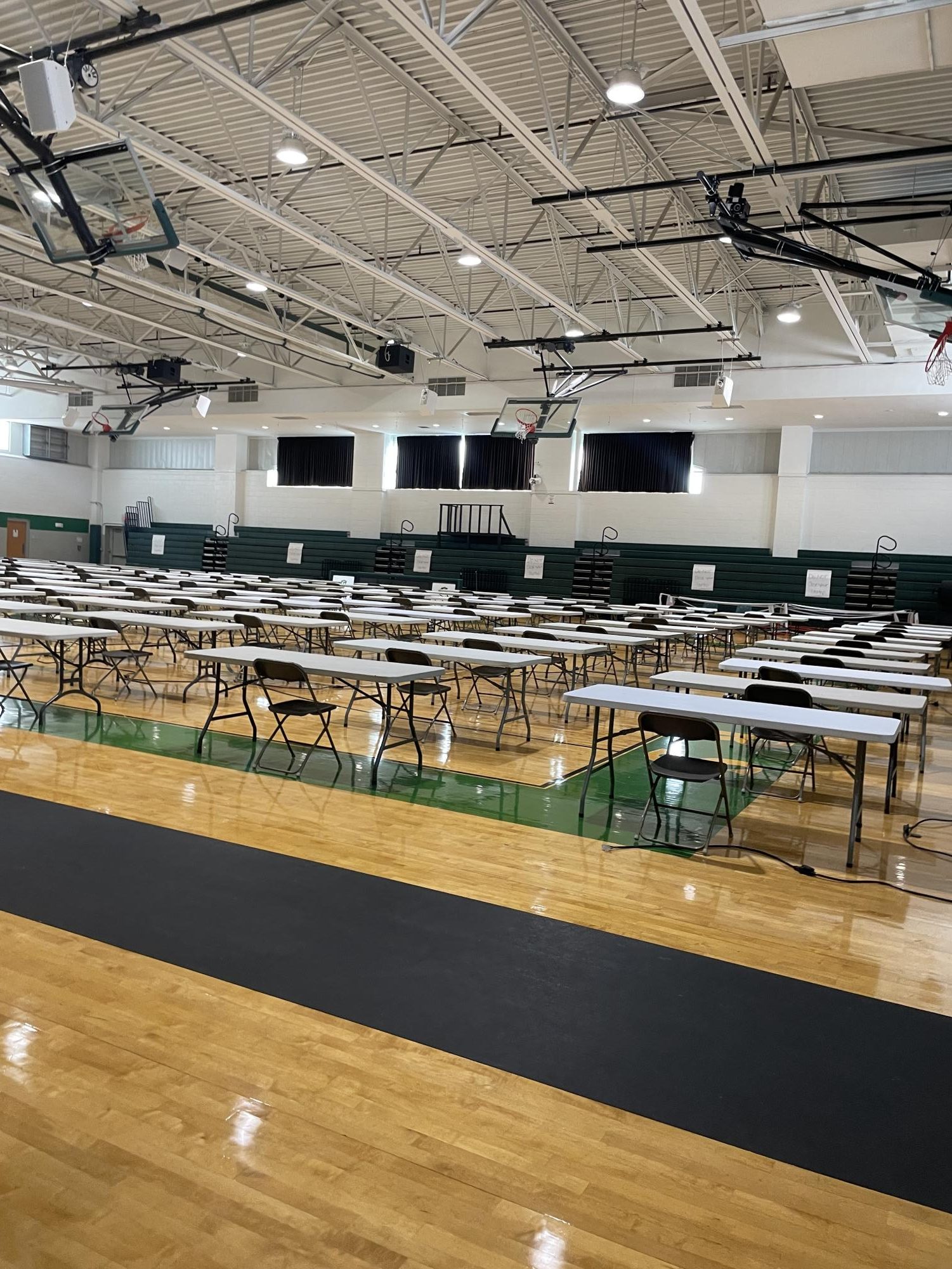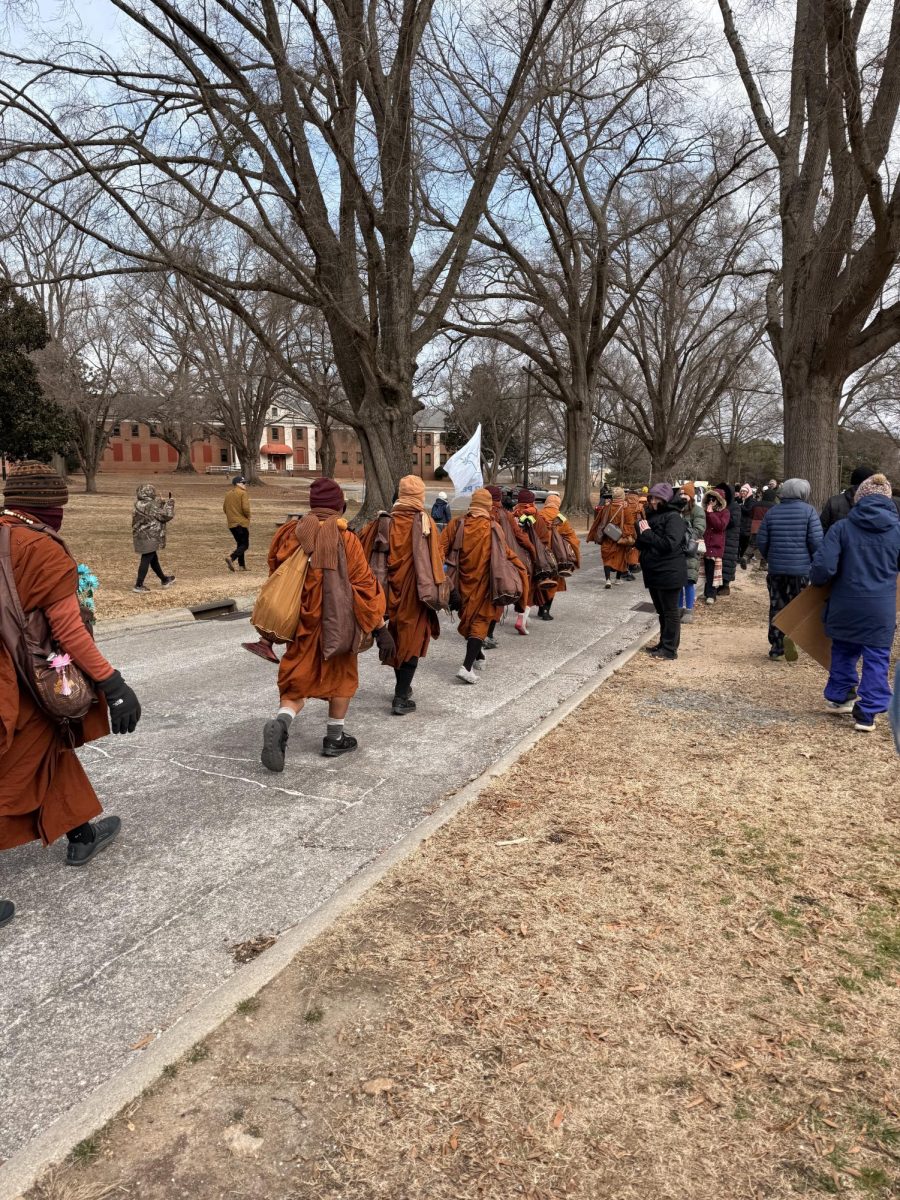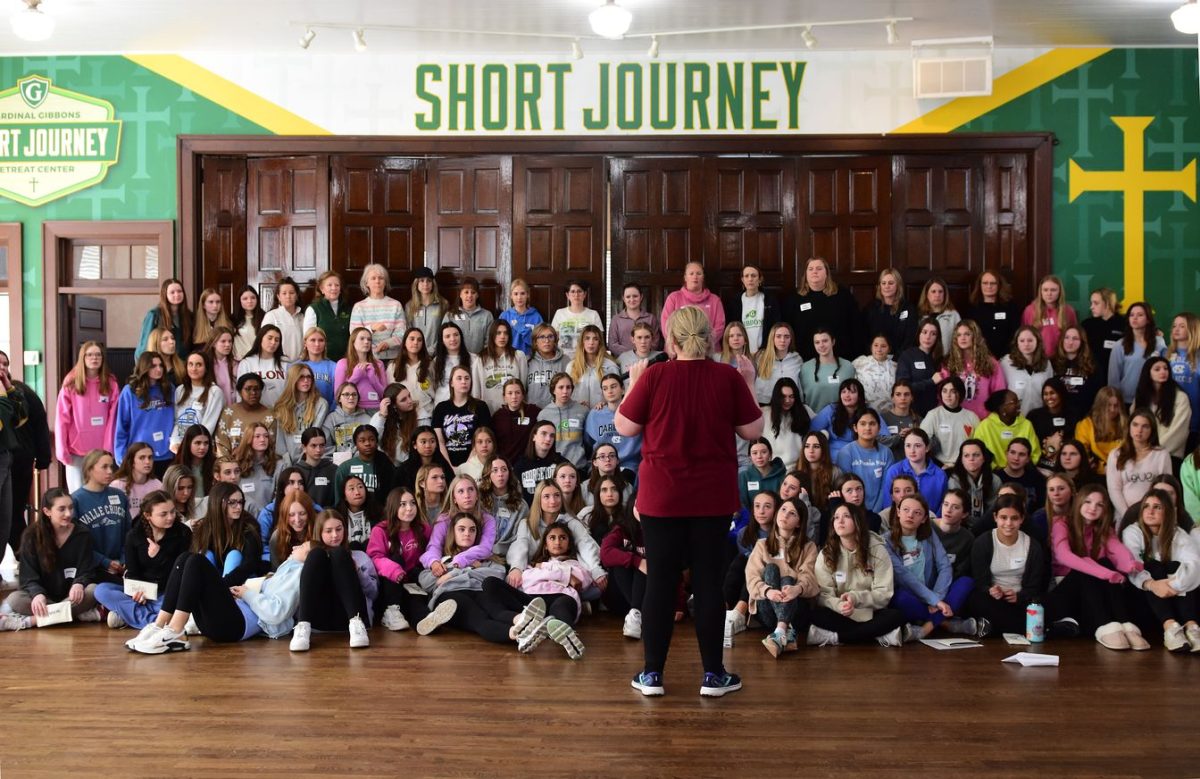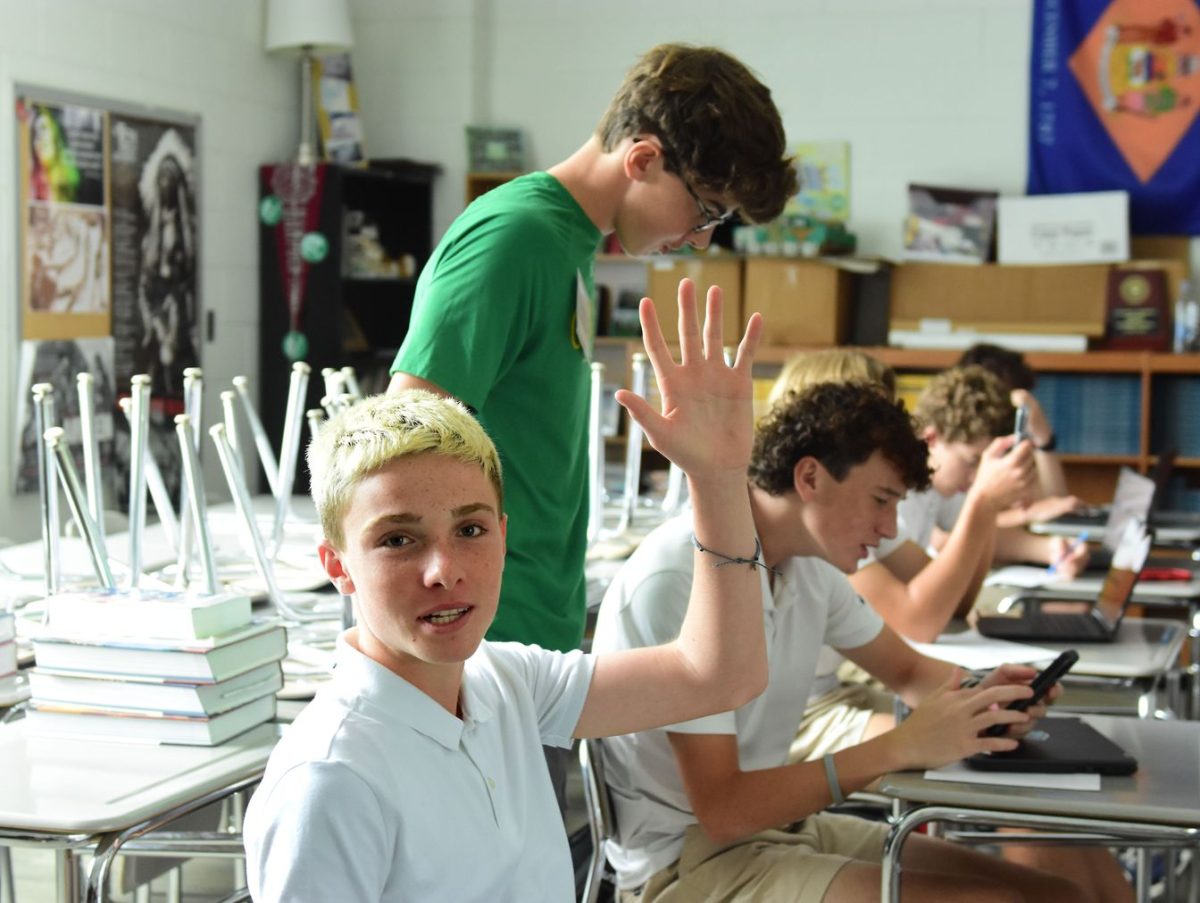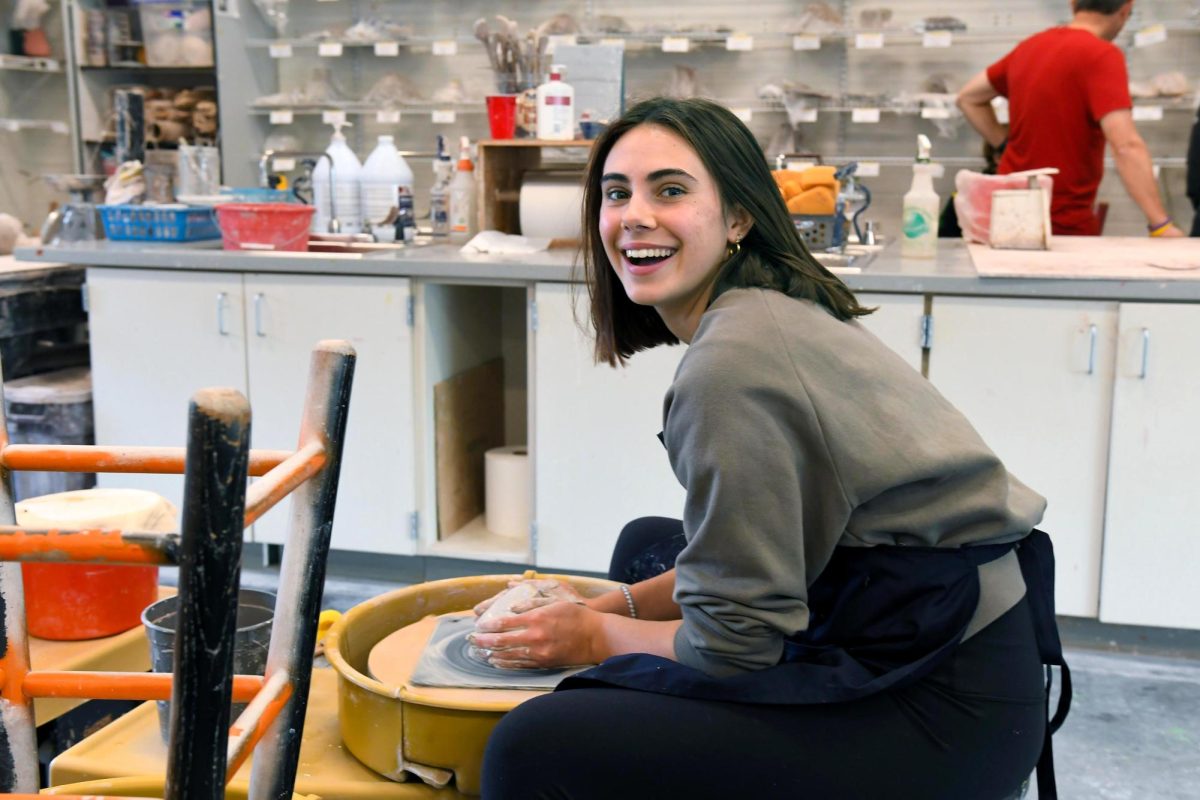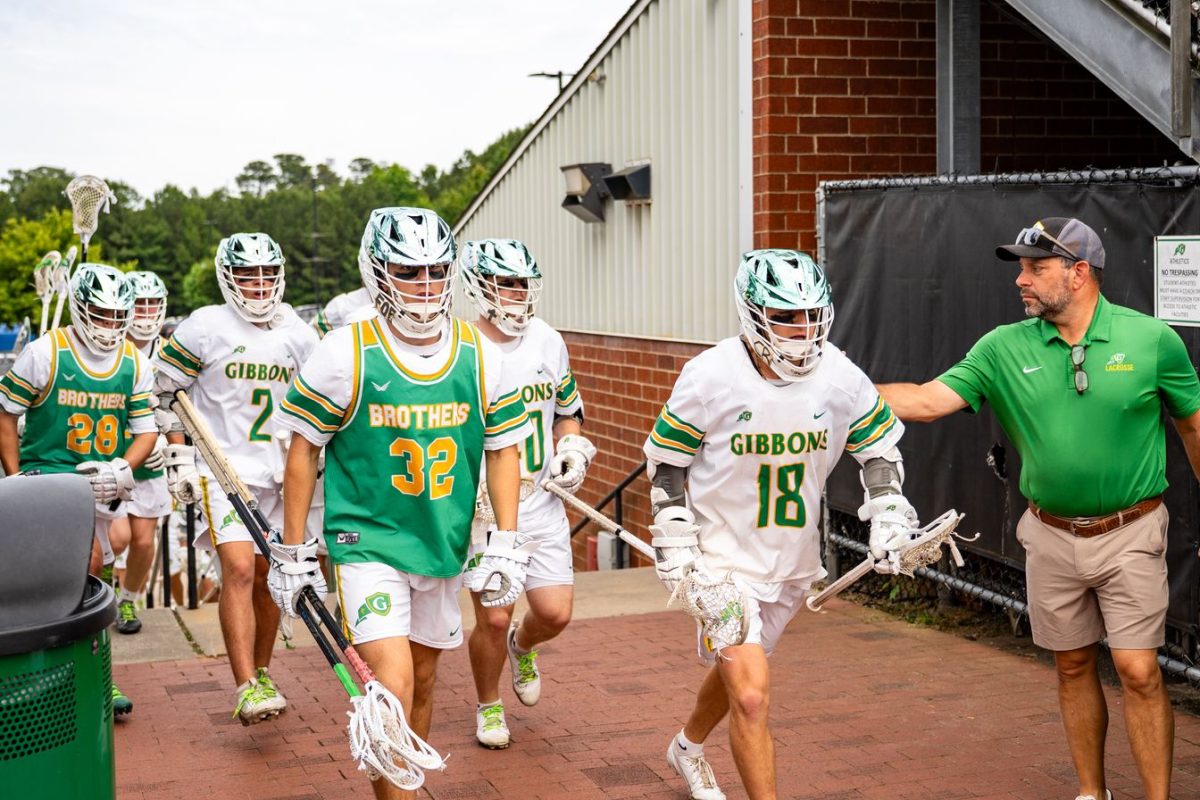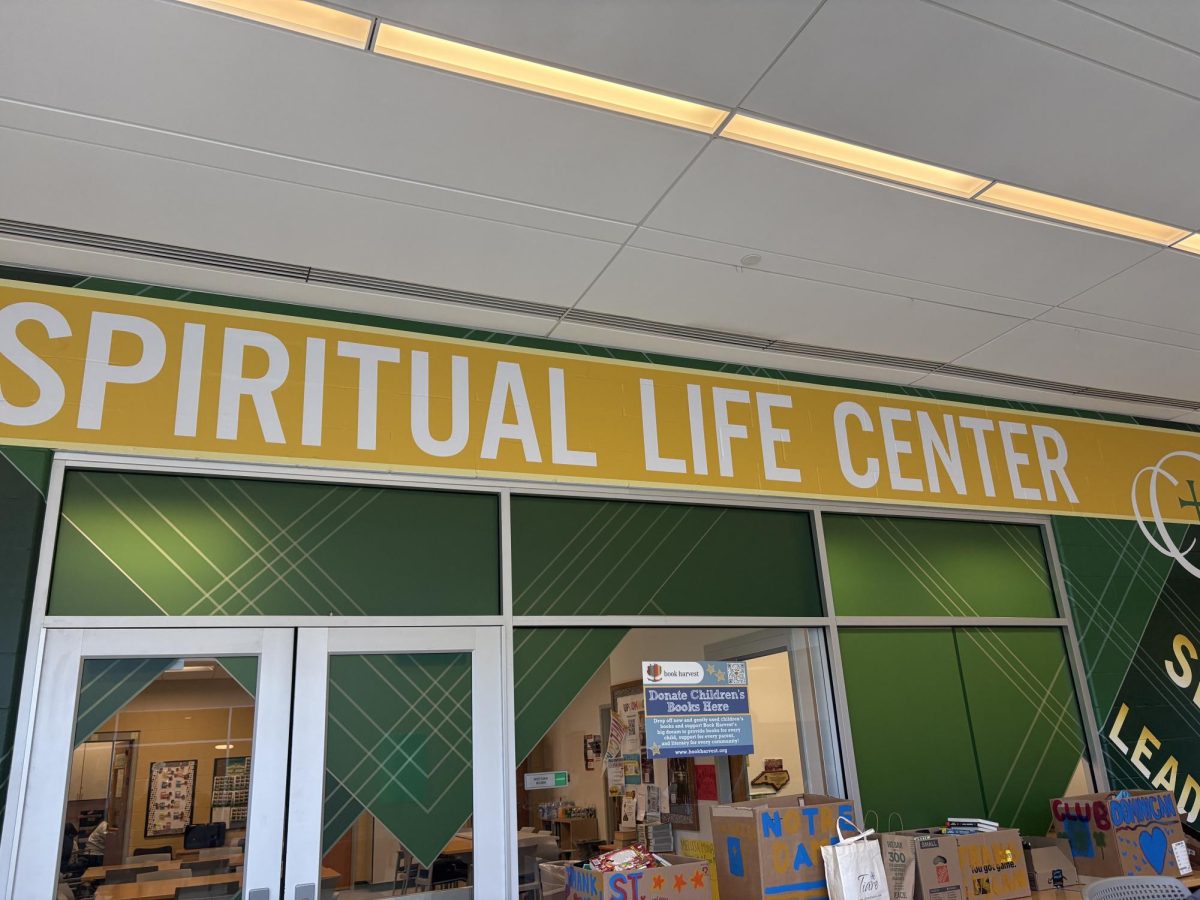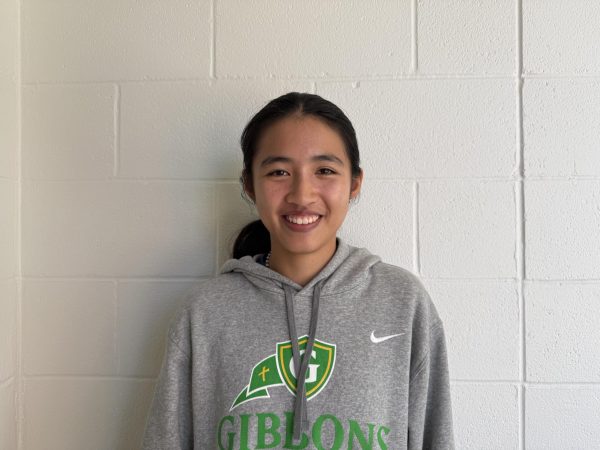Finals and AP Exams are coming up fast, and with so much information needed to review, it’s important to study efficiently. According to the College Board, AP exams are going to be from May 5-16 with Gibbons’ final exams starting on May 27 and finishing May 30.
The weeks leading up the AP Exam and finals is a stressful time for students. Some need a really high score to bring up their semester grade. While others are afraid their semester grade might tank, so tis the season to be stressed out.
This reporter conducted two polls on Instagram to find out where students find it a better studying place and what type of music they find that works best for them to study. Forty-four percent of voters put home as the best place to study, and 20 percent said the school was the best. Another 20 percent of voters said a public library or a place like Barnes & Nobles was the best, while the smallest group of voters, which was 16 percent, said cafes were the best places to study.
The second half of the poll was about the most effective genre of music to study when studying for exams. Thirty-eight percent of voters said classical music helps them to study more effectively. Twenty-nine percent of voters said their favorite music was best. Twenty-one percent said lofi was the most effective genre of music to study. While 12 percent said instrumental helped them to study the best.
English study habits
Ms. Carlina Domingos teaches English 10 Honors and AP Language and Composition. She explains the key to studying for the majority of English classes would be to take notes while you’re reading, and then go back and read over those notes. She considers a good place to put the notes into the books she’s reading, or write it in a notebook separating each one by chapter with short bullet points underneath them.
Domingos also recommends condensing chapters into one sentence summaries or to create a slogan for that chapter in order to gain the central idea or theme, using Quizlet and SparkNotes study guides for symbolism and for character analysis. She says a hack she has is going on YouTube and looking for videos from other English teachers with a lot of knowledge on the book which can explain the symbolism and language in the book.
For her AP students, she recommends they look at the College Board website where they will post student sample essays that did well which allows the students to see what they’re doing differently from and how they can improve their writing to make it look more like that, and to also listen to other teachers’ summaries online.
She also recommends studying with others as long as they’re on topic, since it can be super beneficial because other students have a unique way of describing and recounting things from books. As of right now, Domingos begins every day in class with multiple choice questions to practice for that part of the exam.
For her, she listens to instrumental or orchestral music that doesn’t have lyrics while working, since she finds music with lyrics distracting when trying to focus. She also finds coffee shops the best place for her to study or work.
“I feel like for me, libraries are a little too quiet. I get distracted and I’m always looking around like what everyone else is doing. I like to go to different coffee shops, my favorite one around here is Idle Hour. That’s a really good little recommendation. I love that place,” Domingos said.
“I like to study at coffee shops. Libraries are always great, or outside at picnic tables on campus,” she continued.
Before taking the exam she says it’s important to go to bed early the night before.
“I think the biggest mistake that students make is pulling all-nighters before their tests, because then they’re exhausted the next day and your brain is overworked, it’s harder for it to recall information,” said Domingos.
During the exam she says it’s important to not spend time thinking too much and going back and forth on questions, and running on caffeinated products such as coffee and Celsius.
“I hate when I see a test where someone initially has the right answer and then they second-guess themselves and they erase it and they put something else. So I say for those questions, don’t think too hard about them. It’s really easy to doubt yourself on multiple choice questions,” said Domingos.
“I would just say well, good luck on your exams, of course, but just end on my reminder that (just because) you’re great in a class (it) doesn’t define you as a student. I know that so many of you are involved in arts and volunteering and athletics and all sorts of things, and it’s really easy during exams to get caught up in what letter grades you have or what percentage you have,” said Domingos.
Math study habits
Mr. Andrew Tuttle teaches Math 3 Honors and AP Statistics.
Tuttle says the key to studying for most math classes is to go back over tests that have been taken throughout the semester.
“What I do at least when I make questions for the exam, I do questions similar to stuff they’ve seen on test before, and I think a lot of teachers do that, so just study everything you’ve done for the year and look over every packet it done of broad, I kind of focus it more and go over the test for each unit because that’s gonna be more similar to to the problems you see,” advised Tuttle.
For the AP Exam, the College Board posts questions and answers that students are able to see how the grader will distribute points which may be different from how teachers grade in class.
For both the AP Exam and final, it is important to keep doing practice problems and not just read notes.
“But math, if you don’t remember exactly the steps to do a problem, then you’re not going to do as well,” said Tuttle.
Tuttle explains that where you study is a personal decision.
“I think students should have minimal distractions, you know, some students do good staying after school in the library and studying, some students are fine going home and not getting distracted, but of course, if you have your phone with you, you probably have distractions regardless of where you are, said Tuttle.
He adds how being 100 percent focused and spending a less amount of time, can help students get a lot out of their study sessions.
Tuttle shares that studies have said that classical music or music without words help people to study.
“When I used to study for tests, I always liked the TV on in the background, which I know a lot of people don’t, but not necessarily something I was paying a lot of attention to, just like a sports game or something going on in the background. I didn’t like it to be completely quiet,” said Tuttle.
A mistake students make with the time leading up to the final is thinking that since they have had an “A” in their class, it will be an easy test. However, a big difference between taking the tests during the year compared to the final is that during the year, you’re being tested on one unit at a time, unlike the final where it is a cumulative exam.
A common mistake students make during the AP Exam is not elaborating enough for the free response questions.
“They give you 15 minutes for a three- or four-part question and they want you to actually write out an explanation and sometimes the students are too brief and they won’t include enough detail on that,” said Tuttle.
Tuttle explains since now the school no longer uses textbooks which had a website to help students, there aren’t any others he would recommend now. However, if you know what is giving you trouble, using Google to provide you with instructional videos can help.
“It’s not the goal of the teacher to make it super hard, it’s just to make it comprehensive. You are supposed to have to study for exams, probably more than regular tests, so, because it does count for more of your grades, that should be expected. It should be harder than your regular test, but as teachers, we don’t try to make it specifically hard and we just try to make it comprehensive and make it a fair assessment of what you’ve learned in the class,” concluded Tuttle.
Senior advice
Edrien Wangsawidjaja is part of this year’s graduating class.
For him, the best way to study for AP exams and finals is to play more games such as Blooket or using quizlets unlike studying notes which sometimes makes you feel tired after a while.
“If it’s really less minute, to look over your notes real quick or if it’s like something that it’s material heavy, maybe quizlets might help or keep looking at diagrams,” said Wangsawidjaja.
Study resources he found useful include: YouTube, Blooket, Quizlet, and for history classes, Fiveable.
The night before the exam he also recommends to get enough sleep and to go over notes for a few minutes before going to sleep. One thing he would never do again during exam week is procrastinate and not get enough sleep.
When he was taking the AP exam, he was able to stay focused by reassuring himself and telling himself that it’s not going towards your GPA.
Something he wished he had known before taking an AP exam was knowing coping mechanisms. A coping strategy he uses is if the exam includes a lot of writing, he finds that stretching your hands works well.
“If I don’t know something, I’ll just go back to it and I keep on reassuring myself, and saying, hey, it’s just for college credit. It doesn’t count toward your actual GPA,” said Wangsawidjaja.
Whether you’re taking a final or AP exam, it’s important to do your best, so when you look back at the time you took it, you will be able to say you did your very best and couldn’t have done it any better. Good luck!!


